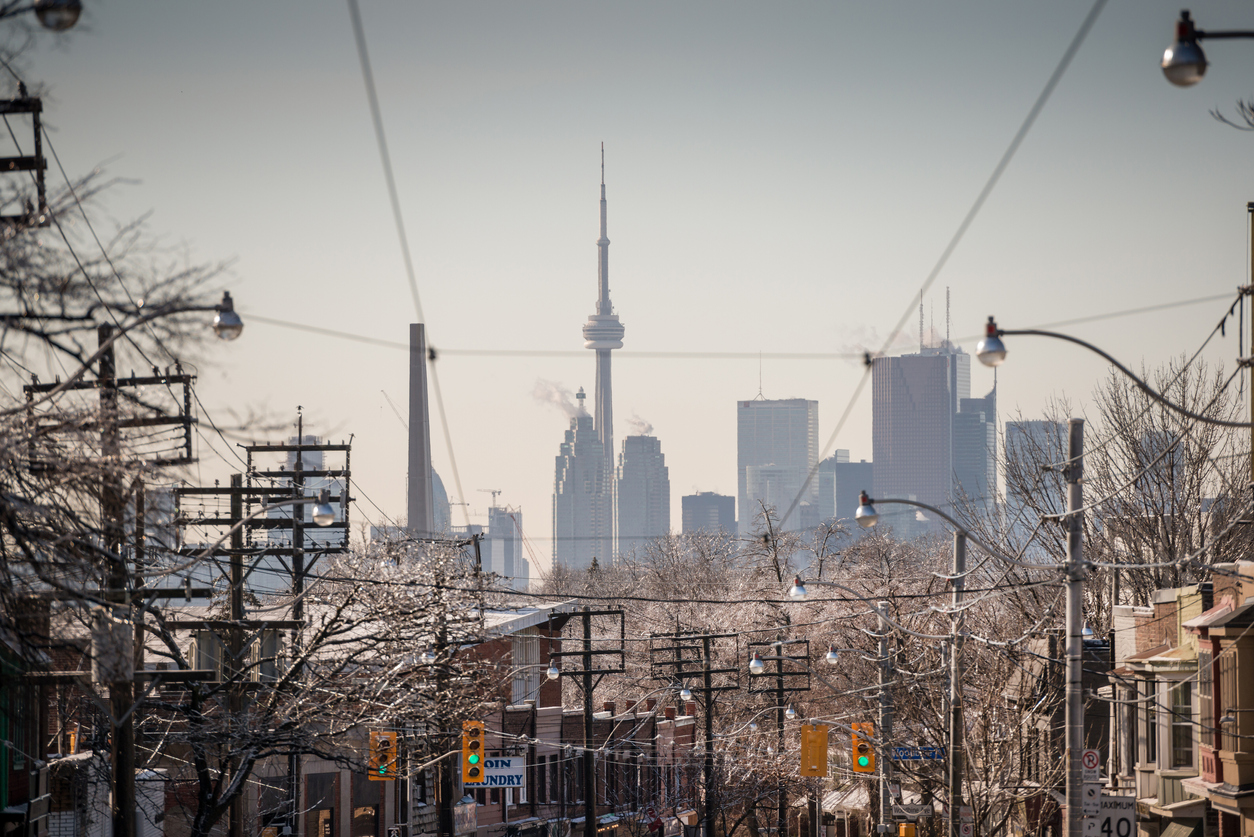In the City: Toronto new build home prices post biggest 12-month drop since '96 and is the Condo part going to sober up?
Elsewhere: Inside the fall of Canada's largest syndicated mortgage company, homelessness rises in the U.S. for the second year in a row and Sydney's housing price slump deepens.
Toronto
Toronto new home prices post biggest 12-month drop since 1996 (Bloomberg)
Toronto new home prices fell at the fastest pace in more than two decades in October, further evidence that tighter mortgage lending has slowed a boom in Canada’s biggest city.
Toronto Condo Party Likely to Sober Up in 2019, Developers Say (Bloomberg)
“I can’t, for a minute, imagine that we’re going to continue to see the increases that we’ve experienced,” said Jim Ritchie, executive vice president of sales and marketing at Tridel. “Do I think there’s still room for growth? Yes, but not what we’ve seen in the past three years.”
Toronto Storeys’ Housing Issue of 2018: Condo Cancellations (Toronto Storeys)
The size and sheer volume of GTA condo cancellations in 2018 sent shockwaves through the industry and left thousands of purchasers stunned and upset. According to condo analytics firm Urbanation, from January 1 to mid-December, 2018, 4,202 units (or 12 buildings across nine developments) were cancelled.
Head of Toronto Community Housing placed on paid leave (Toronto Star)
The head of Toronto’s embattled public housing provider has been placed on administrative leave and an outside firm has been called in to review a consulting contract that the housing corporation’s board found was awarded through a “flawed” process.
Prospective tenants using social media photos to help with ‘nightmarish’ Toronto housing search (The Star)
It’s a rare occurrence in Toronto these days for prospective renters to find various options to choose from, especially if they’re operating with a modest budget. A one-bedroom condo in Toronto on average has surpassed $2,000 a month, according to market research firm Urbanation.
Canada
Inside the fall of Fortress (The Globe and Mail)
At its peak, Fortress was Canada’s largest syndicated mortgage company. It also led the transformation of what had once been a high-risk investment vehicle for wealthy investors into a mainstream one sold to ordinary Canadians. And as more people handed over their life savings to Fortress and other syndicated mortgage firms – many of which adopted Fortress’s retail-investor focus – the provincial mortgage regulator, the Financial Services Commission of Ontario (FSCO), did little to protect them.
Vast Majority Of Canadians Want Feds To Intervene In Housing Market (Huffington Post)
The dream of owning a home in many of Canada's largest cities has become increasingly out of reach for the average would-be buyer. And according to a new survey, the majority of Canadians think the government should be doing more to help.
Nearly 4 in 10 in Metro Vancouver see real estate industry as ‘extremely corrupt’ (Global)
In fact, a full 37 per cent of Greater Vancouver respondents described the sector as “extremely corrupt.” That’s compared to just 15 per cent of other western Canadians.
USA
Forget the Suburbs, It’s Country or Bust (New York Times)
If you’re surprised to hear that two city-based creatives gave up their urban roots for life in the country, so were their families. Perhaps no one was more shocked than Mr. Weinberg’s grandmother and a friend of hers who once vacationed near the young couple’s new home in West Kill, N.Y. “The Catskills are over,” the friend said with concern.
Homelessness Rises For Second Year In A Row In U.S. After Years Of Decline (Huffington Post)
Of those who were homeless, about two-thirds stayed in shelters or transitional housing, while about one-third were considered “unsheltered,” meaning they were sleeping on the street, in abandoned buildings, or other places “not suitable for human habitation.”
How Low Turnover Fuels New York City’s Affordable Housing Crisis (City Lab)
We are accustomed to gauging the housing health of cities through some familiar data points: vacancy rates, new building permits, affordability. But there’s another, under-appreciated measure which explains a great deal about a city’s housing market and, specifically, provides an insight into the ongoing housing “crisis” that plagues some of America’s most prosperous cities, especially New York. Let’s call it churn. You might also call it turnover—the rate at which one household moves out and a new one moves in.
International
Sydney’s house price slump deepens (Financial Times)
The average number of days a property is on the market has increased from 22 to 46 days in 18 months, says Charles Caravousanos, director of residential at Savills Sydney. Most homes are put up for sale via auction but the percentage of successful sales has dropped from nearly 90 per cent to 41 per cent across the same period, says Caravousanos. The majority of sales now happen post-auction and with a citywide average discount of 12.6 per cent, he adds.
Hong Kong Millennials Graduate From University to Public Housing (Bloomberg)
“The expensive housing market has prompted a trend where well-educated young people -- who didn’t have to apply for public housing in the past -- may be descending the social ladder,” said Anthony Chiu, an executive director at the Federation of Public Housing Estates, an organization representing public housing residents. “It is worrisome,” he said.
December 20, 2018
This Week In Real Estate |



